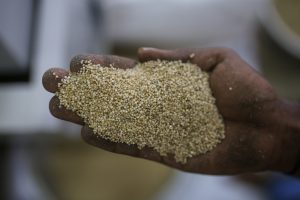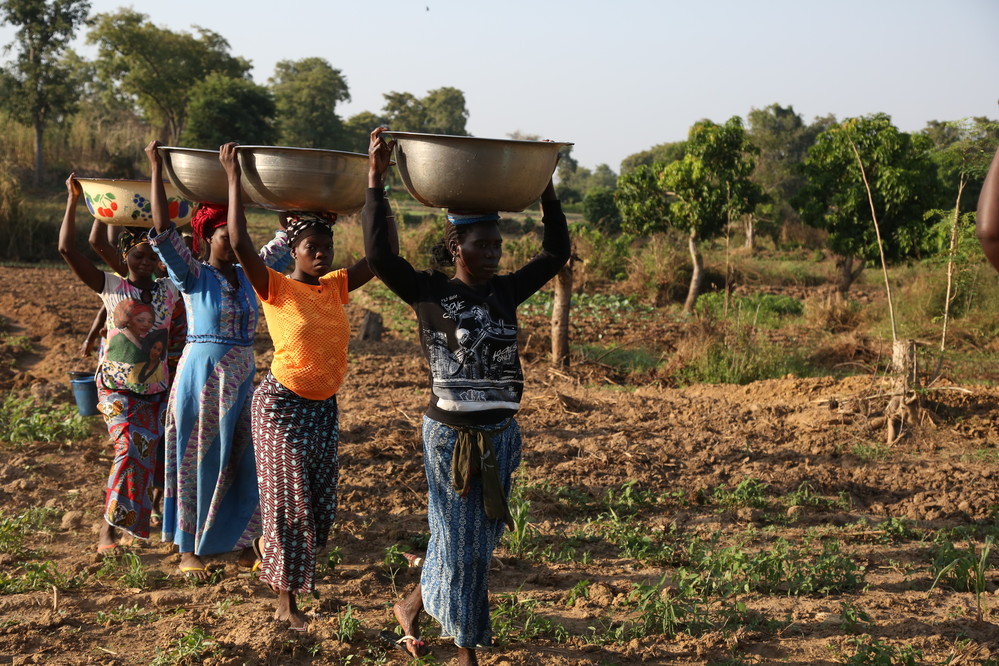At first sight, the small size of millet grains can be deceiving. This group of cereals packs a punch mighty enough to face today’s unique challenges, given that they are high in nutrients and resistant to drought. Millets are currently enjoying a wave of renewed interest as 2023 was declared the International Year of Millets. But their current fame means that the small-scale farmers and agricultural enterprises that grow or process millets need the financial means to bring them to the table.

Photo: Dhiraj Singh / IFAD
Back in 2019, before millets gained international recognition, members of the Smallholder and Agri-SME Finance and Investment Network (SAFIN) recognized the potential of these forgotten grains. Led by ACCESS Development Services (ACCESS), SAFIN members including Rabobank, the International Fund for Agricultural Development (IFAD) and the Asia-Pacific Rural and Agricultural Credit Association (APRACA) scoped five agricultural value chains in India for investment opportunities targeting agricultural SMEs. The millets value chain stood out for its multiple benefits for people and planet. With funding from Small Foundation in 2021, SAFIN zeroed in on three action areas to promote investment in millet enterprises- capital injections for millet processing, strategic advocacy with the government and private sector, and capacity building for millet farmers and agribusinesses.
Since then, the Investment Prospectus for the Minor Millets Value Chain in India has anchored efforts to establish a millets hub in the Indian state of Rajasthan. Following advocacy efforts led by ACCESS, the State Government of Rajasthan committed approximately US$13 million in 2021 to scale domestic production and consumption of millets. In 2022, funds were allocated to offering improved variety millet seeds to 1 million farmers, contributing subsidized crop protection products to 200,000 farmers, providing capital subsidies to entrepreneurs to establish 100 primary millet processing units between 2023-2024, and reimbursing up to 75 per cent of expenditure incurred to establish secondary millet processing plants. The State Government also plans to establish a Center of Excellence at Jodhpur Agricultural University to build local capacity to grow and distribute millets in the region.
Rajasthan, now dubbed the “National Leader in Pearl Millets”, currently has the largest area and highest production of millets in the country. As the world celebrates the hidden potential of millets in 2023, the collaborative efforts of SAFIN members since 2019 are paving the path for farmers and agricultural SMEs to move more millets from fields to tables across India.
Learn more about our work to identify value chain investment opportunities.

